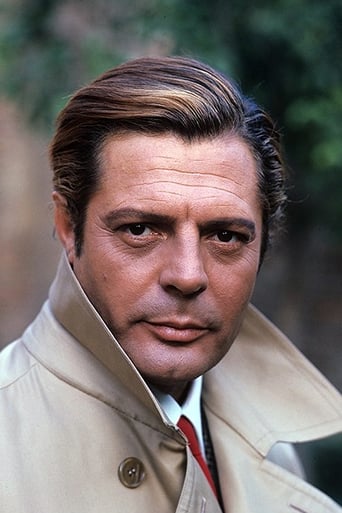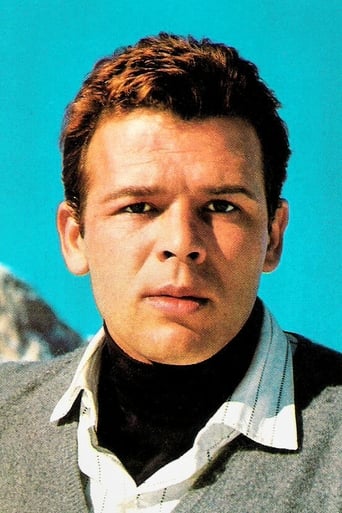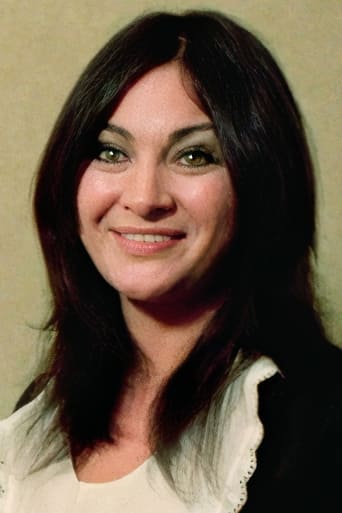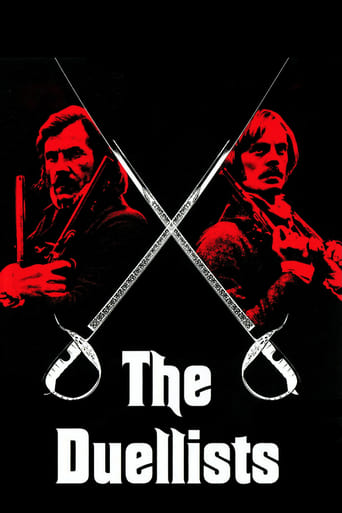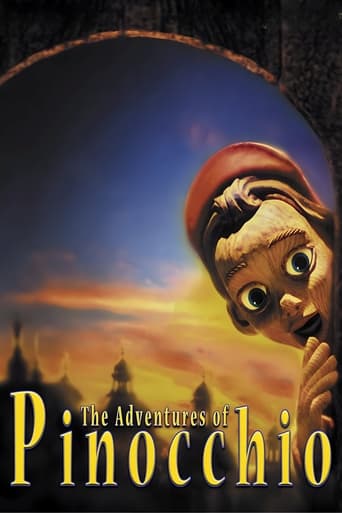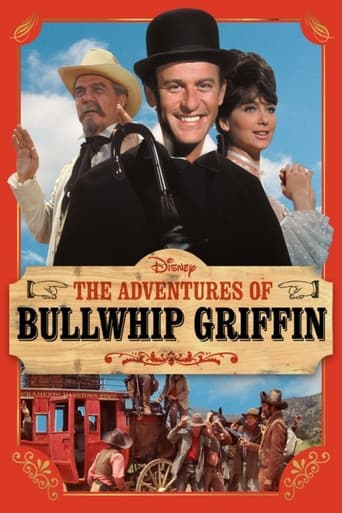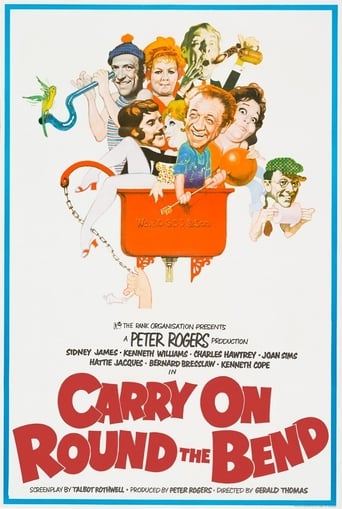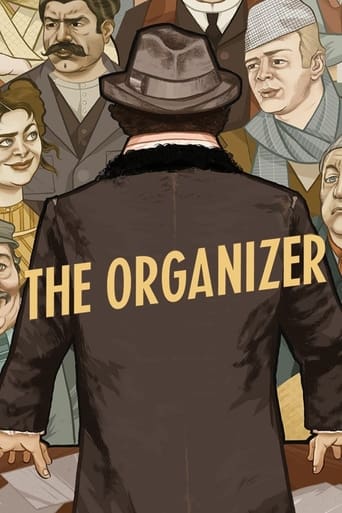
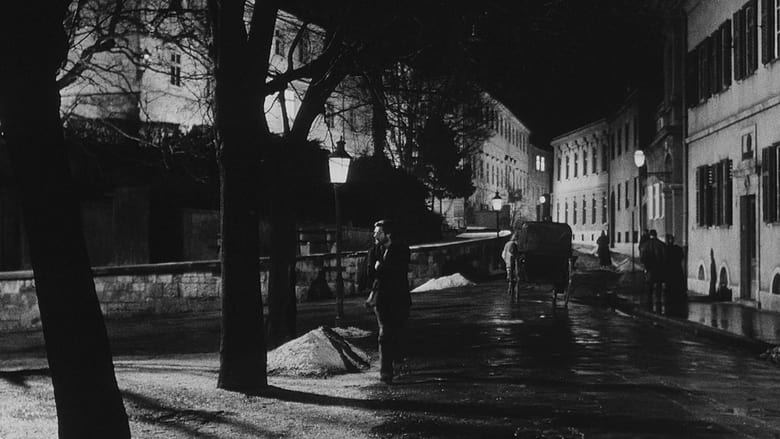
The Organizer (1963)
The story of exploited textile factory workers in Turin, Italy at the turn of the century and their beginnings of their fight for better working conditions. Professor Sinigaglia is sent by (presumably) the Socialists to help them organize their strike and give form to their struggle
Watch Trailer
Cast
Similar titles

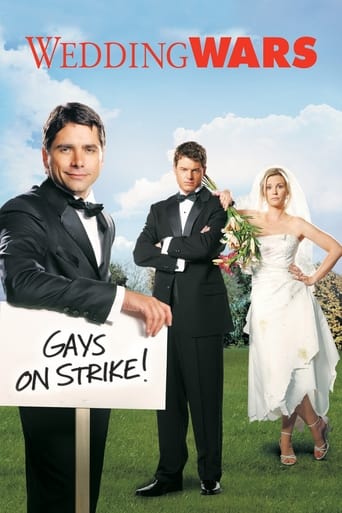
Reviews
Very very predictable, including the post credit scene !!!
Memorable, crazy movie
It's easily one of the freshest, sharpest and most enjoyable films of this year.
Blistering performances.
Mario Monicelli's The Organizer (1963) is an excellent dramatic production.It is a very engaging, and compelling period piece set in the late 19th Century textile worker's strike in Turin, Italy. The storyline is very believable, if not totally historically accurate.The acting by the whole cast was somewhat inspired, very sincere, and believable. Marcello Mastroianni gives an exceptionally strong performance in a role that is quite different than the several others I seen him portray, that of a somewhat mild mannered, reflective, teacher cum labor organizer, who doesn't seem to be quite sure of himself on some level. This is certainly a departure from the glib, debonair, self assured, upper crust character that I've become accustomed to in the other films that I've seen him in. Yet,for me, his role in this film confirmed for me the breadth of his acting ability, and furthers my belief that he is one of the great actors of all time. Mastroianni is the dramatic lynchpin in this film, and carries the storyline to its conclusion.The cinematography in this film is really great, giving the viewer a variety of interesting "looks", as a result of diverse camera positions, and camera angles.The period sets and period costumes are very good. The huge indoor factory setting is amazing, and made me wonder where they got all that antique machinery.The dramatic tone of the film was just right, in my opinion, somewhat walking the tightrope between the various emotional tensions inherent in the storyline at various points.This film is just an example of good cinematic storytelling, allowing the viewer to see the emerging storyline from a diversity of character perspectives. The storyline has a few interesting twists, and the rather downbeat ending was rather unexpected, but left me pleasantly speculating about where the story went from there.
Mario Monicelli was one of the successors to the neorealist movement in Italian cinema, which began in the mid-'40s and catapulted Italy to the forefront of international cinema. Following it came a generation of Italian filmmakers — including Fellini and Antonioni — who had apprenticed under the neorealist directors, and who kept Italian cinema alive for one more generation while the "big three" neorealists (Rossellini, De Sica, and Visconti) moved in increasingly disparate directions. Monicelli was one such filmmaker to emerge from the waning neorealist movement. His first big success, I believe, was the 1958 film, "Big Deal on Madonna Street", which is the first major film I know of from the commedia all'italiana genre ("comedy Italian style", taking its name from Pietro Germi's 1961 film, "Divorce Italian Style"). It's a wonderful comedy, and I'd recommend seeing it, if possible, before "The Organizer".Commedia all'italiana is generally characterized by a mixture of mildly over-the-top humor and a gentle poignancy that anchors what could otherwise be absurdist farce. There tend to be light political undertones which unobtrusively satirize contemporary life in Italy, and an emotional undercurrent that stems from a sympathy with likable characters who simply can't get a foothold in modern society.This all fits "Big Deal on Madonna Street" to a tee, but what about "The Organizer"? The film, released in 1963 and starring Marcello Mastroianni, has all the aforementioned qualities, but in smaller doses. It goes heavier on the drama, and lighter on the comedy, which is nearly always saturated with a pathos that exceeds what is typical of the commedia all'italiana genre. The resulting blend is sometimes uneven. There were times when I wasn't sure if something was supposed to be sad or funny. But I suppose there's no need for the two to be mutually exclusive, and there were other times where the humor and drama came together wonderfully. "The Organizer" is halfway between a standard commedia all'italiana film and a more traditional neorealist exercise like "Bicycle Thieves" or "Umberto D.". We can certainly see the neorealist influence all over the film, but we can also see Monicelli's own unique brand of comedic farce in this entertaining blend of cinematic styles. Monicelli was a lifelong Marxist and communist. Other than the apolitical Fellini, and perhaps Rossellini, whose politics are still a bit of an enigma to me, Italian cinema was filled with Marxist thinkers and self-proclaimed communists: Visconti, Pasolini, De Sica, Antonioni, Rosi, Bertolucci, Pontecorvo, and Monicelli. In fact, cinema in general has been filled with them: Godard, Gorin, Marker, Varda, Fassbinder, Ôshima, Eisenstein, Kalatozov, et cetera. More narrow-minded American viewers will need to be reminded that communism did not have the terrible connotation in Europe in the '60s that it has in America today. McCarthy did his job well in demonizing communism for Americans, but being a communist in Europe in those days was simply about politically engaged individuals seeking to rectify the social injustice they saw all around them. Today we associate it with tyranny and Stalinism, but that is very far from the reality of communism for Europeans who embraced it during the era in which "The Organizer" was made. Communism was simply a natural and inevitable response for countries like France and Italy, who had recently seen the other end of the political spectrum up close and personal. Americans have always been the quickest to scoff at communism, partly because we live in the capitalist center of the world, but also because, here on the other side of the Atlantic, we've been largely spared the ugliness of fascism (although McCarthy certainly gave us a glimpse).The reason I delve into such contentious territory — something I would normally prefer to avoid — is because "The Organizer" is a plainly Marxist film, brazen in its declaration of political rights and wrongs, as those who discuss politics will almost invariably be. If your political compass is locked in a fixed anti-communist position, you will likely be unable to enjoy this film, which would be a shame, because there's a lot to enjoy here if you can set politics aside. I'm not political by nature, so I've never had any issue doing that. I respect the prerogative of filmmakers to express their ideas, even ones I don't agree with (in fact, those are often the perspectives I find I learn the most from), and so political cinema — of any variety — is always welcome on my television. Overall, however, "The Organizer" is actually relatively unbiased, compared to many other exercises in left-wing cinema. Monicelli calls it a Marxist film, and it most certainly is, but it's Marxist in the humanist sense as much as it is in the communist sense. There is, of course, a deep sympathy with the working class, and that, on the whole, is the dominant tone of the film: sympathy. It's not so much the angry revolutionary mode of filmmaking that we see from, say, Godard in the early '70s. It's based much more in an empathy for human suffering, and a desire to see despairing individuals liberated from the prison walls created by their social class. This desire, after all, was the core of communism, before it was bastardized by Stalin."The Organizer" is an insightful film about the complexities and moral dilemmas surrounding revolution, and while I prefer less biased reflections on the subject, such as Fellini's "Orchestra Rehearsal", Herzog's "Even Dwarfs Started Small", or Tarr's "Werckmeister Harmonies", Monicelli does a respectable job of observing the obstacles that stand in the way of the revolutionary process. He is committed to a specific ideology, without question, but this is not by any means mindless propaganda. This is a high quality film that works both as a dramatic contemplation on the nature of revolution, and as a comedy based in lighthearted entertainment. Enjoy it on whichever level you prefer.RATING: 8.00 out of 10 stars
This is one of those great foreign films from the 60's. The plot synopsis may make it sound dismal, but on the contrary it is full of heart and humor. These are real people, with all their quirks and stupidities and rich relationships with one another. There is an accurate, full portrayal of the human condition, and an acceptance of what that means, that is rare to non-existent in movies today.If you like films that put you into another world for a couple of hours, you've got to see this. The late 19th century Northern Italy textile factory is amazingly realized. The black & white cinematography is gorgeous, and the acting is convincing all around.Mastroianni is a personal favorite, and this is a terrific role for him: very unlike his usual suave, modern, urban characters.This film is a masterpiece. It's a shame it is not out on DVD.
I saw this in theatrical release 40 years ago, and have been longing to see it again. It has long been on my top 10, no, my top "1" list. In my opinion it is Mastroianni's best film, and the most memorable labor film I can recall seeing. MAK-4's comment that this is the movie "Matewan", "Molly Maguires" and "Germinal" tried to be, really nailed it. However, although my 40-year-old impressions are indelible, they are no longer detailed. What a tragedy that "Divorce Italian Style" is available on DVD, and "The Organizer" is not available at all.
